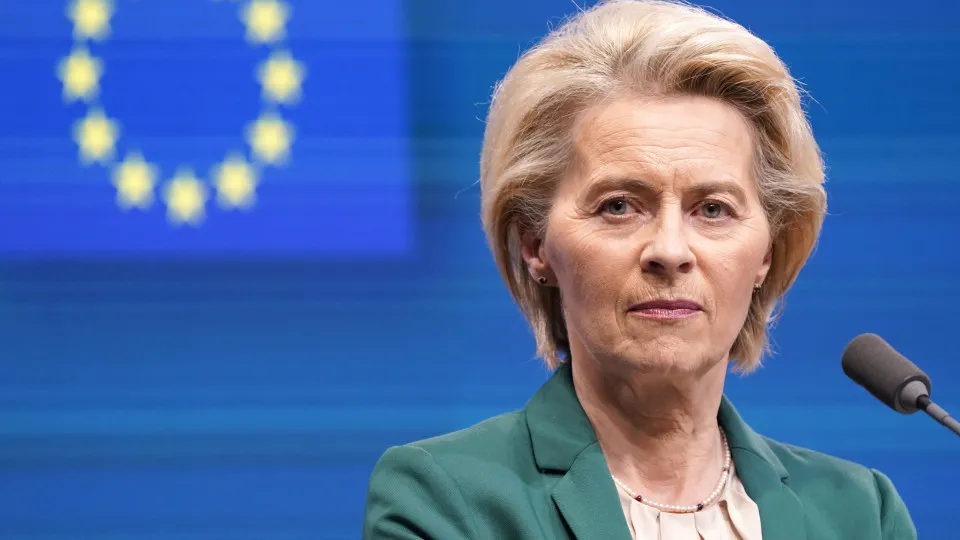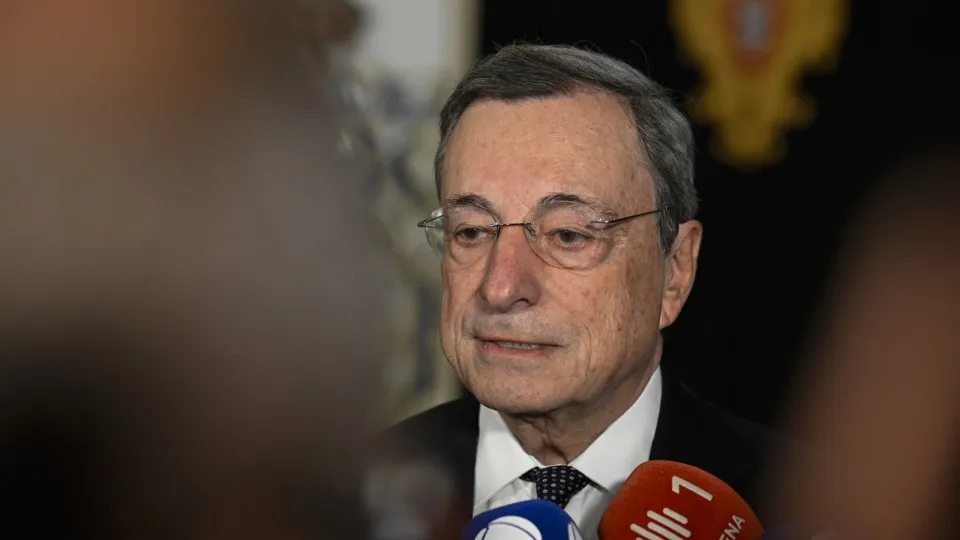
The President of the European Commission, Ursula von der Leyen, today advocated for the removal of barriers to harness the potential of activities such as artificial intelligence startups or lithium ventures in Portugal and the Lobito Corridor in Angola.
Speaking at a high-level conference in Brussels focused on “One Year After the Draghi Report,” which acknowledged the need for significant investments to boost the European Union’s (EU) economic competitiveness against the United States and China, Ursula von der Leyen noted that “many obstacles still exist.”
“An AI startup from Portugal or Romania should be able to grow seamlessly across our continent, and currently, that is often not the case,” she pointed out, specifying that internal barriers translate into a 45% tariff on goods and a 110% tariff on services.
Following the report by former Italian Prime Minister Mario Draghi, which highlighted innovation, decarbonization, and high energy prices as major challenges, Ursula von der Leyen also advocated for EU investments in critical raw materials “for economic security,” ensuring financial support and timely licenses for initiatives like “the processing of lithium in Portugal.”
Regarding energy, with more than 70% of European electricity coming from low-carbon sources, the head of the European executive pledged to invest in electrical interconnections, long requested by the Iberian Peninsula, an energy island in the EU.
“Often, we lack the necessary interconnections or do not efficiently utilize the ones we have, [but] now, we have started addressing this issue […] and many projects are already underway,” such as the “Bay of Biscay project, which will double the capacity between France and Spain,” she exemplified.
“Furthermore, we will propose a networks package and a new energy highways initiative, focusing on eight critical bottlenecks in our energy infrastructures,” she added.
In terms of diversifying partnerships, at a time when the EU faces trade tensions now eased with key partners like the United States, Ursula von der Leyen expressed her desire for “a network of strategic projects around the world,” including the “strategic Lobito Corridor to Africa’s copper belt,” in Angola.
“All this with our distinctive European approach. Other powers are only interested in extraction, [but] we build local processing industries and value chains because that’s how we strengthen our own security,” she stated.
Specifically regarding trade, she assured “political will” to finalize an agreement with India by the end of the year and to proceed with South Africa, Malaysia, the United Arab Emirates, and others.
Ursula von der Leyen also called for a “sense of urgency across the EU’s competitiveness agenda” to move forward with “urgent measures to address urgent needs.”
The head of the European executive also advocated for “a more independent Europe in terms of defense,” although acknowledging that “this won’t happen overnight.”
In his report published in September 2024 and commissioned a year earlier, Mario Draghi estimated at 800 billion euros the annual additional investment needs in the EU compared to competitors China and the United States, equivalent to over 4% of the EU’s Gross Domestic Product (GDP) and surpassing the Marshall Plan.
According to data now released by the European lobbying organization European Policy Innovation Council (EPIC), of the total 383 recommendations presented, only 11.2% (43 measures) were fully implemented.




